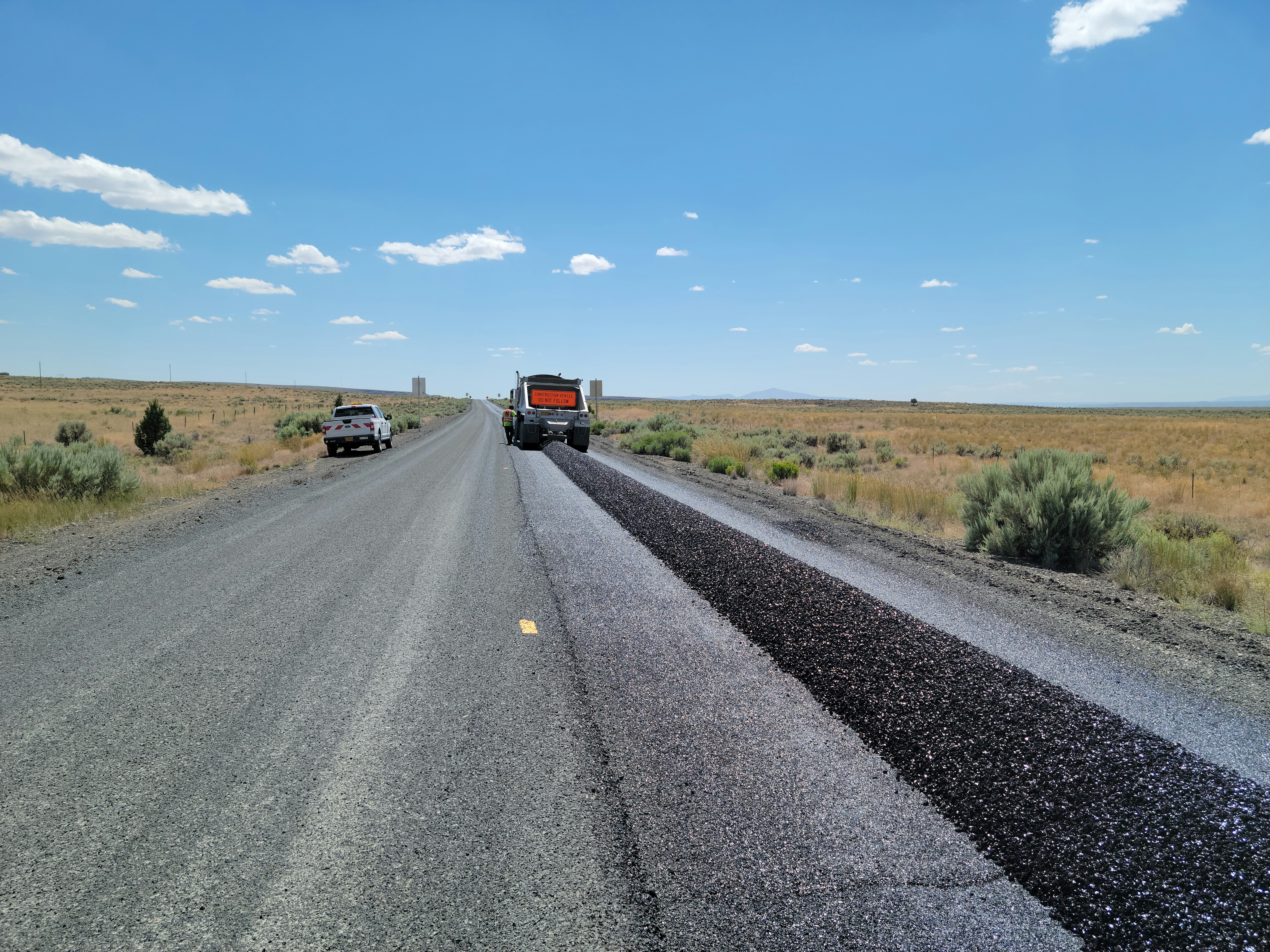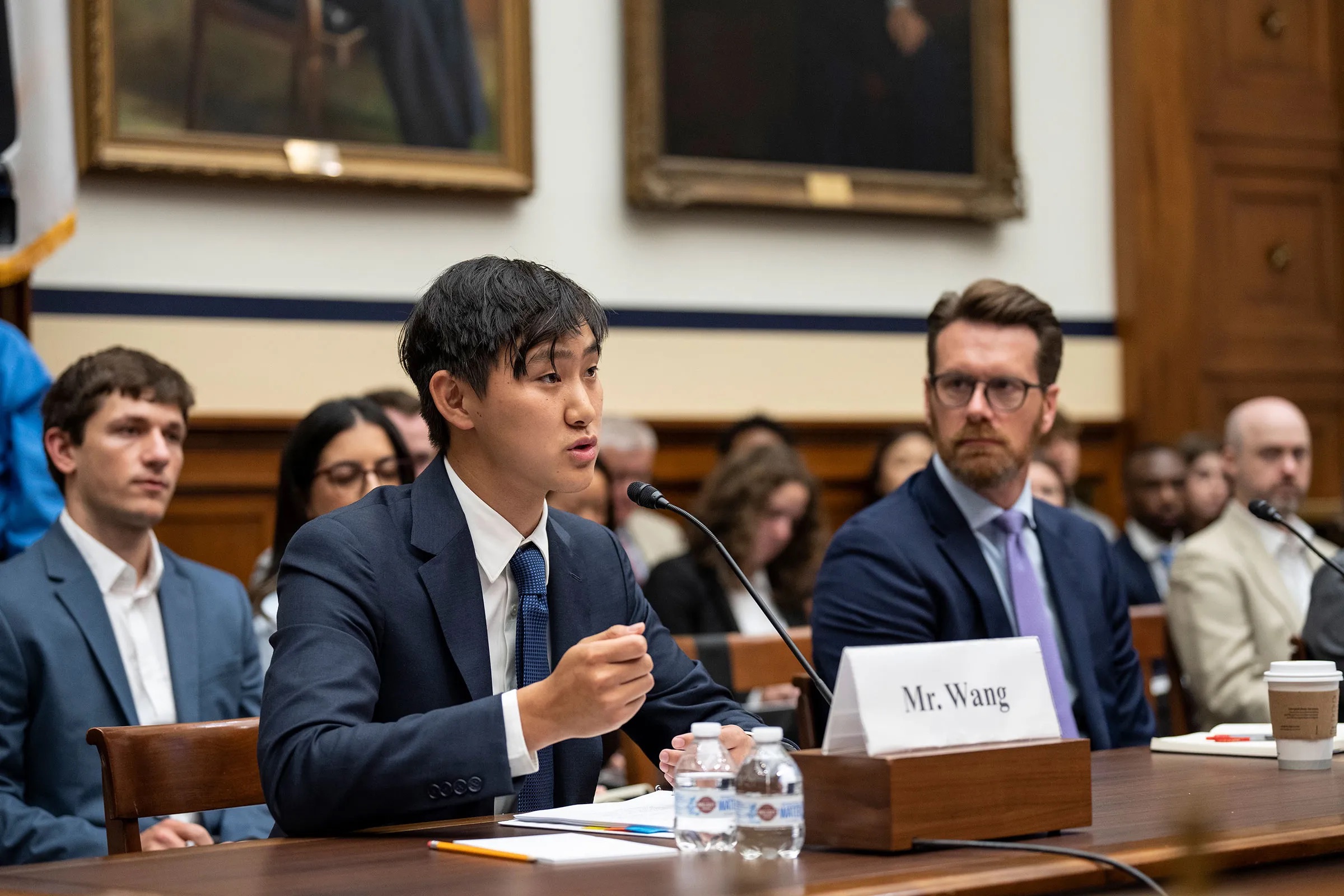The Environmental Protection Agency (EPA) has approved a test project for Mosaic Fertilizer, LLC to build a road using phosphogypsum, a radioactive material left over from making fertilizer. The road will be built on Mosaic’s property in New Wales, Florida, and is meant to test how well phosphogypsum works in construction. However, environmental groups are alarmed, saying it could be dangerous for public health and the environment.
Phosphogypsum contains radium, which turns into radon gas, both known to cause cancer. The EPA has previously banned its use in roads because of these risks, but now claims that public exposure from this project will be very low. Mosaic, the company behind the project, hopes this test could lead to more widespread use of phosphogypsum in construction.
The project will include four road sections, each 500 feet long, made with up to 50% phosphogypsum in one layer. Another four sections without phosphogypsum will be built for comparison.
Environmental Groups Voice Concerns
Environmentalists strongly oppose the decision. Ragan Whitlock from the Center for Biological Diversity called it “mind-boggling,” saying it puts road workers and water quality at risk. Critics also point out the EPA announced a public comment period for the project just hours before Hurricane Milton hit Tampa Bay, a timing they found suspicious.
Hurricane Milton brought more concerns. Days after it hit as a Category 3 storm, Mosaic reported that contaminated water from one of its facilities was released into Tampa Bay due to heavy rain. This incident raised questions about the safety of storing phosphogypsum during severe weather.
The EPA’s approval marks a big shift from its earlier stance. In 1992, the agency said using phosphogypsum in roads was too risky for public health. Since then, the material has been kept in large stacks on private land to limit exposure.
The EPA insists this project is safe, but critics worry it could lead to more widespread use of phosphogypsum in public infrastructure, creating long-term risks.











